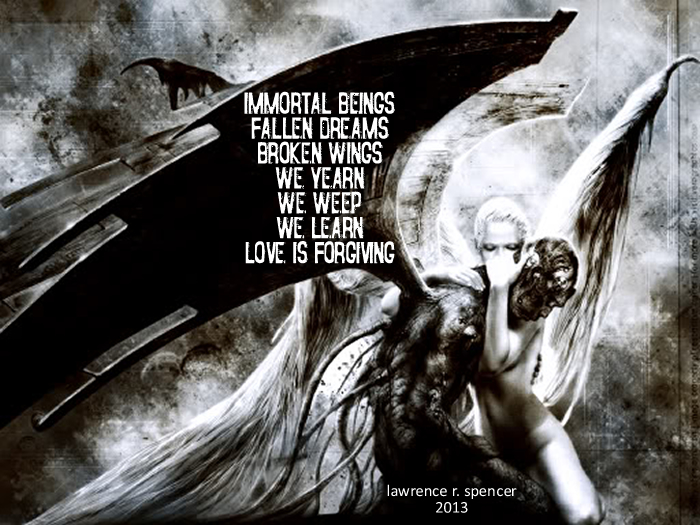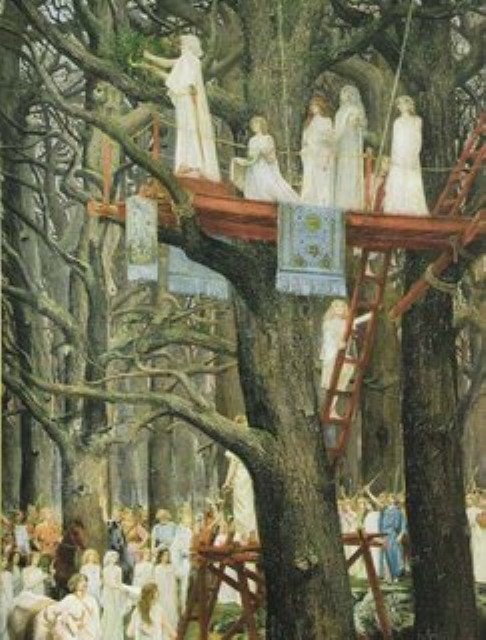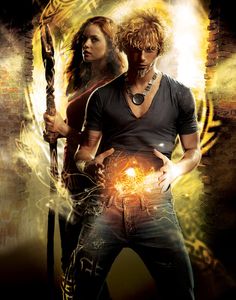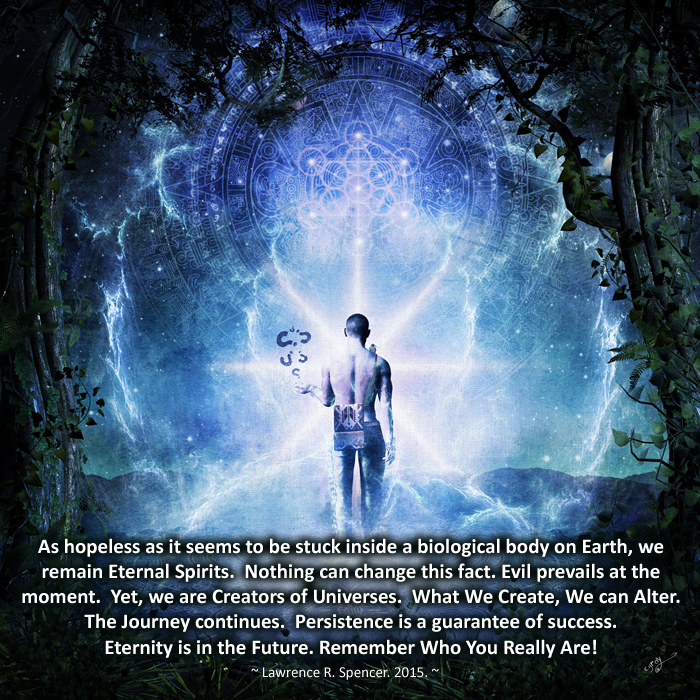Republished by Blog Post Promoter
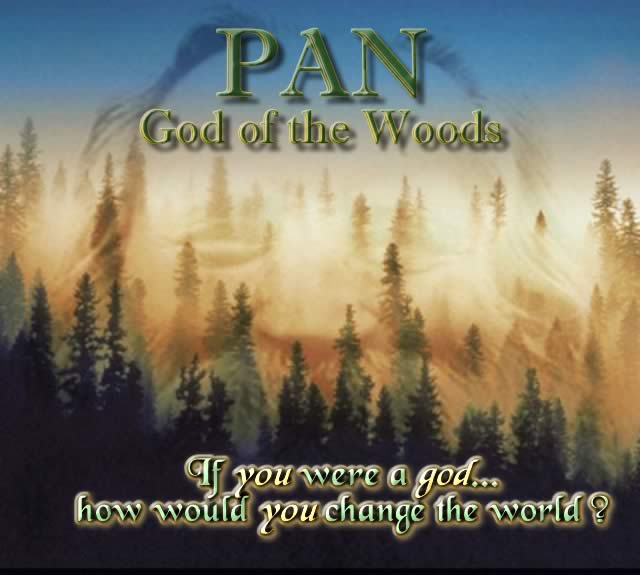
“When Zeus still ruled Olympus, the face of Mother Nature was puerile, the bright blue sea and sky shined brightly in Her eyes. Life, abundantly renewed, abounded from Her virgin womb. The myriad creatures flourished, safe and suckling on Her verdant breasts while fishes filled the pristine waters of Her world.
In those primal days, gods of ancient Sumeria, Egypt, Greece, China, India, and many other civilizations of Earth, commanded extraordinary power over men. Spirits were conceived to permeate all matter and space in the ancient world. The gods, however, were not much different than each of us as spiritual beings, except to the degree they were immortal, that is, free from having to inhabit a body. Mortals were condemned to repeat the cycle of birth and death and rebirth into carnal form. Release of the spirits of men from the endless cycle of reincarnation remains the ultimate goal of many world religions to this day.
Gods actively intervened in the affairs of Mankind. Some made their presence known in the form of an animal, as an aura of light or scent, or as an apparition in nature. More often, the gods pervaded the body and mind of a man or woman, either in a dream or simply by taking over their thoughts to carry out their plans.
Since the gods were seen to cause events, both natural and supernatural, they were intimately personified, widely idolized, and artfully glorified by men. Aristocracy, citizens and slaves alike, sought the blessing or advice of the gods regarding marriage, travel, war, purchases, planting, harvesting, building, birth and death. Every village, district and nation had its own retinue of gods. A discreet traveler was wise to observe the rites accorded to the local deities and religious tolerance was widespread.
A vast number of myths or stories about the exploits of the gods have passed down to us through the generations of Mankind from nearly every society of antiquity. Culturally, we have inherited tremendous works of art, poetry, literature, and tradition derived from human interaction with the immortals. The pagan cultural tradition, religious beliefs, and practices associated with the gods still permeate our language, social and religious customs today.
With the advent of the Christian church 2,000 years ago, communication with the pagan gods was very heavily suppressed in Western civilization. Priests had a vested interest in eliminating religious competition, by any means required, including, but not limited to lying, stealing, cheating, murder, mayhem, extortion, torture and blackmail. This included outlawing all pagan religions and the destruction of all pagan temples and schools throughout the Roman Empire by the decree of Emperor Justinian in the third century AD. As a result, general public attention to the pagan gods disappeared.
The premise of PAN – God of the Woods, is that the pagan gods, as active, living beings, may only appear to have disappeared! If any of the ancient gods are still around in the 21st century, what are they doing now? If they are here now — still watching, still powerful, still immortal — where or how might we contact them?
Pan, the Greek god of forests, shepherds and fertility, has long represented the pagan gods in general. Although the material in this novel is fictional, it is firmly based in a study of the 10,000 year old tradition of mythology, as well as world history, eastern spiritual philosophy, past lives and out-of-body, extrasensory experiences.
The 19th century poet, Oscar Wilde, beseeched the god Pan in his verse:
“O goat-foot God of Arcady!
This modern world is gray and old,
And what remains to us of thee?
Then blow some trumpet loud and free
And give thine oaten pipe away,
Ah, leave the hills of Arcady!
This modern world hath need of thee!”
Which of us mortals could not use the helping hand of a friendly god once in awhile?”
— from the Introduction to the book PAN – GOD OF THE WOODS by Lawrence R. Spencer


